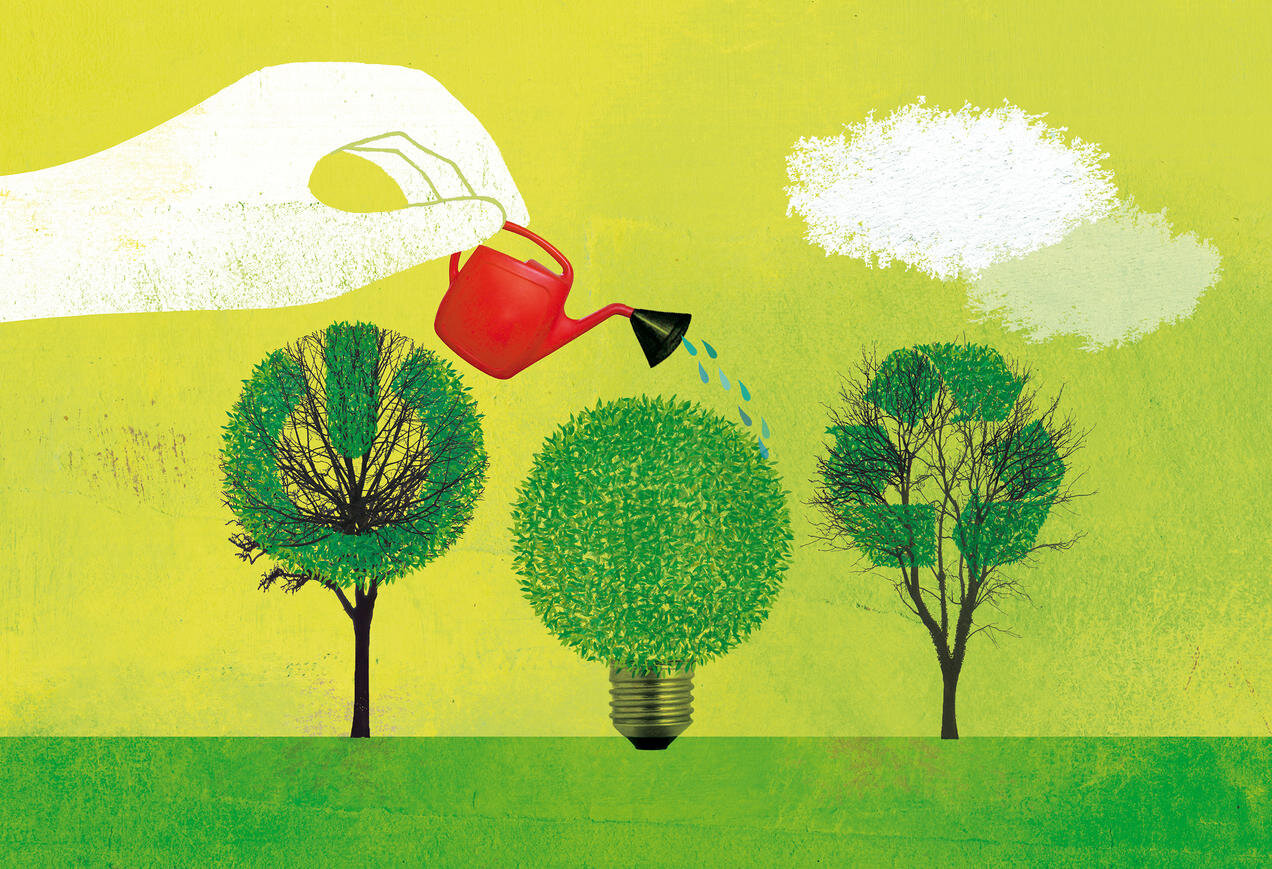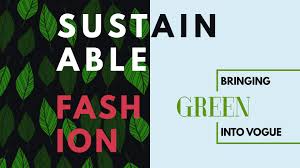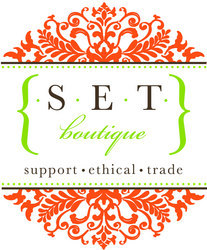

University Students Drop Their Jeans For A Good Cause
Cotton. From Blue to Green.™ Encourages Denim Recycling on University Campuses This Fall
New York, NY – Cotton Incorporated will launch the Cotton. From Blue to Green.™denim recycling program on college campuses again this fall asa call to action to recycle old denim and give it a “new life” by converting it into natural cotton fiber insulation. The program is a direct appeal to the demographic and will encourage coeds to drop their jeans for a good cause.
The Cotton. From Blue to Green.™denim recycling programwill be at the following schools this fall: University of Kentucky, Texas Tech, Simmons College, and FIDM/Fashion Institute of Design and Merchandising in Los Angeles, San Francisco, Orange County and San Diego.
“The Cotton. From Blue to Green.™denim recycling programis a great way to speak to college students about cotton, specifically denim, and generate awareness among their peers about its ability to be recycled and reused,” says Marissa Barlin, Spokesperson, Cotton Incorporated. “We know that young people today are eager to make a difference, and this is a unique way to help others in need, while making the environmentally-responsible decision to keep textiles out of landfills.”
Cotton Incorporated and Bonded Logic, the leading manufacturer in natural cotton fiber insulation, partnered for the 2006 inaugural launch of the Cotton. From Blue to Green.™denim recycling program. The denim collected on college campuses is given new life when it is converted to UltraTouch™ Denim Insulation and provided to communities in need to assist with building efforts, often in areas affected by natural disasters.
In addition to working with students on college campuses, the denim recycling program continues to gain momentum by partnering with retailers, consumers and corporate responsibility programs throughout the nation. All denim collected through the Cotton. From Blue to Green.™ program is recycled into UltraTouch™ Denim Insulation, and a portion of this insulation, up to approximately 250,000 square feet, will be distributed in 2013 to communities in need.
To date, the Cotton. From Blue to Green.™ program has received nearly 850,000 pieces of denim, which equals over 1.7 million square feet of insulation. As a result, approximately 531 tons of denim have been diverted from landfills. And denim drives on campuses make a big impact! Over 100,000 pieces of denim have come directly from college denim drives. At each university, the denim recycling program encourages students to collect denim from the student population as well as from the surrounding community. The campus denim drive is a grassroots student-run campaign designed to educate campus communities about the natural, renewable and recyclable attributes of denim. With four dynamic California campuses, FIDM/Fashion Institute of Design & Merchandising is the premier west coast fashion design and creative business college, educating for careers in fashion, graphic design, interior design, and entertainment. FIDM’s graduates include renowned fashion designers Monique Lhuillier, Kevan Hall, Karen Kane, and Juicy Couture’s Pamela Skaist-Levy as well as Emmy® and Academy Award® winning costume designers, top fashion industry executives, and entrepreneurs. Students representing various campus organizations will execute this year’s Cotton. From Blue to Green.™ program at FIDM San Francisco as well as in the local community.
The program will be promoted on each campus via multiple channels, as well as online atwww.CottonFromBlueToGreen.org with information about the campus denim drives and the process of recycling denim into insulation.
Cotton Incorporated is working with Sparks to execute the fall university Cotton. From Blue to Green.™denim recycling program.
About Bonded Logic
With more than 35 years of insulation experience, Bonded Logic Inc. markets and manufactures a wide range of thermal and acoustical insulation products for multiple industries. Based in Chandler, Ariz., Bonded Logic offers a superior performing natural fiber product to meet every insulation need, while keeping consumers and the environment safe and healthy. The company is best known for its UltraTouch™ Denim Insulation – sourced entirely of post-consumer blue jeans and is free of harsh chemicals. Bonded Logic is an OEM supplier to leading manufacturers in various industries. Bonded Logic’s products are widely available throughout the United States. For more information or to find a distributor, visit www.bondedlogic.com.
About Sparks
Sparks is a leading global provider of integrated event marketing solutions that connect client with customer, increase brand awareness and loyalty, and drive sales. Our core competencies include the strategy, creative, production, management, marketing and measurement of trade show exhibits, events and meetings, consumer activations, brand environments, audience engagements, custom retail fixtures and other related marketing platforms. Sparks prides itself on its global presence and utilizes 8 locations to serve 200 corporations in 59 countries worldwide. Discover how Sparks can drive brand performance at http://www.sparksonline.com.
About Cotton Incorporated
Cotton Incorporated, funded by U.S. growers of upland cotton and importers of cotton and cotton textile products, is the research and marketing company representing upland cotton. The Program is designed and operated to improve the demand for and profitability of cotton.



























 SFFAMA: Tell us about yourself and what you do.
SFFAMA: Tell us about yourself and what you do.